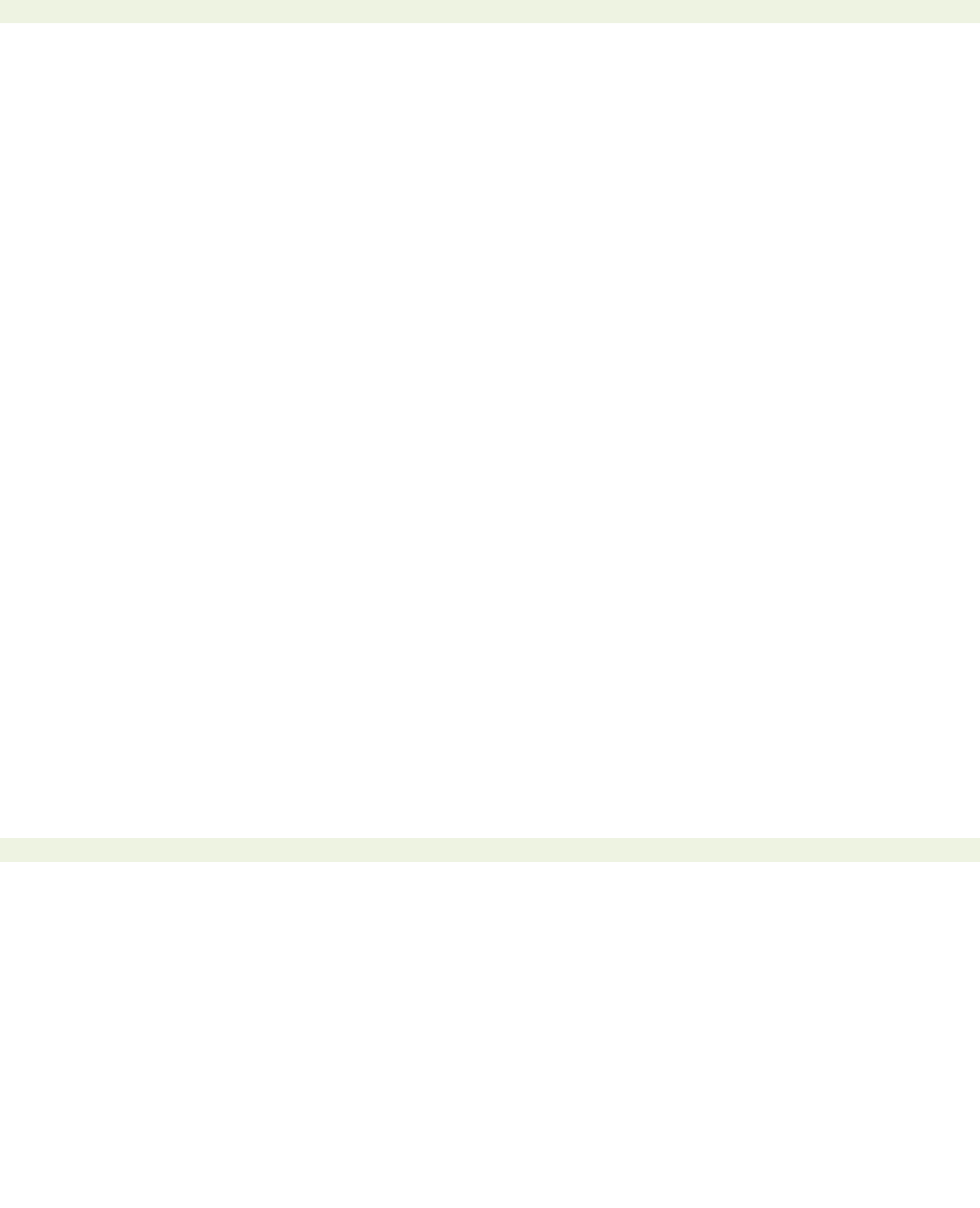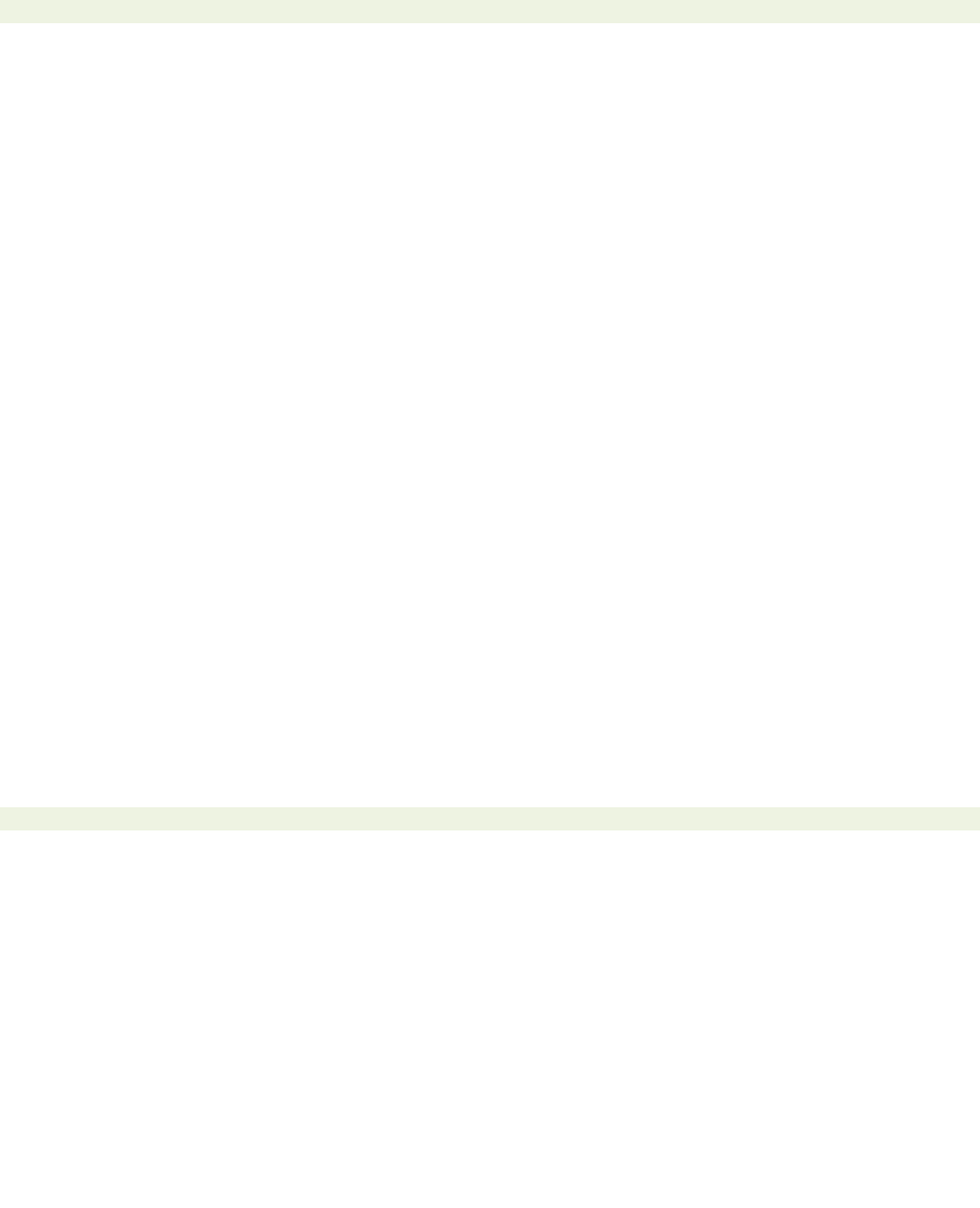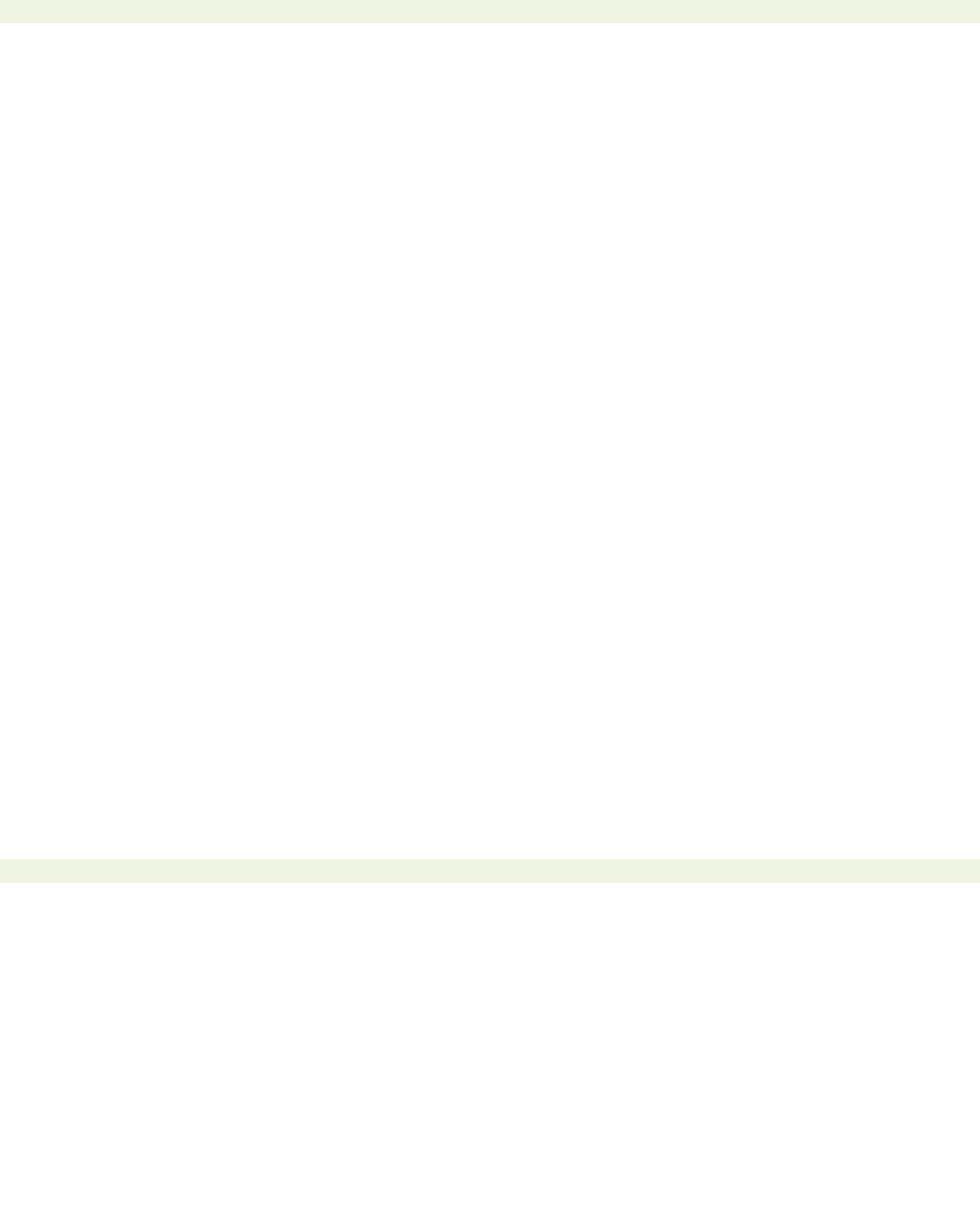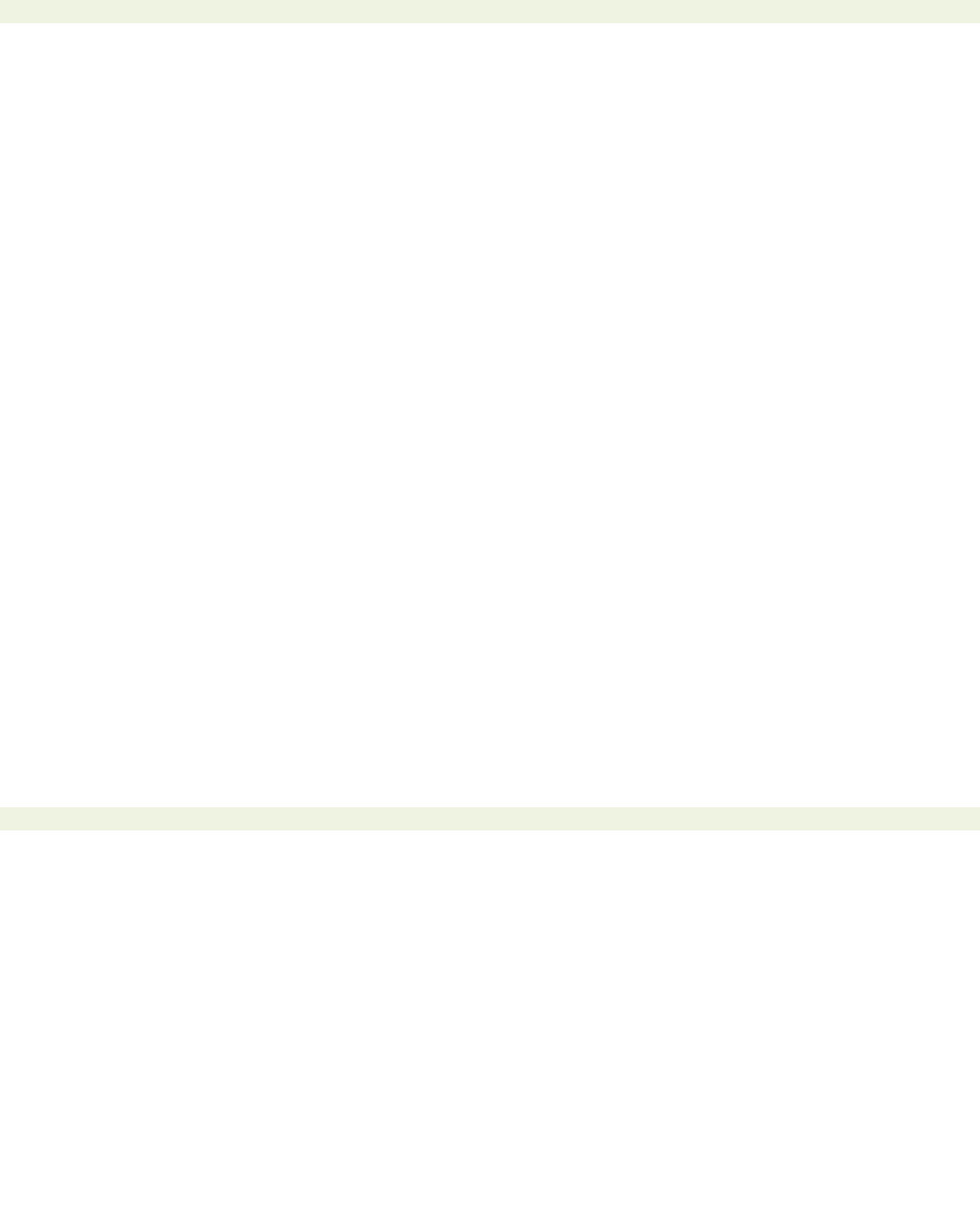Mackesy P. The War for America, 1775-1783
Подождите немного. Документ загружается.


page_261
file:///C:/Users/User/AppData/Local/Temp/Rar$EX01.335/The%20War%20for%20America%20%201775-1783/files/page_261.html[1/17/2011 2:26:47 PM]
< previous page page_261 next page >
Page 261
the Channel; and the enemy were by now in a position to dispute the convoy's passage. A squadron of five sail of
the line under la Motte-Picquet was ready in Brest, and Lord North pointed out that heavy insurance costs could be
saved if an additional escort could be found to see the convoy clear of the Channel. On 11 May the Cabinet
ordered Arbuthnot to remain in Torbay till ten sail of the Channel fleet were ready to accompany him. Not till the
24th was he off the Start with his 215 sail and an escort from the Channel fleet under Admiral Darby; and when
Darby turned back on 4 June he left him struggling forward with a foul wind and an inattentive convoy. Not till 25
August did the reinforcements reach New York.1
The retarding of Clinton's reinforcements is one more instance of the fatal dependence of military on naval
planning. The St Lucia expedition had been planned in separate compartments; and so were the general plans for
America for 1779. In forming his plans for America, the only naval factor for which Germain could provide was a
task force for the local support of the army. He had to assume that the general command of the western Atlantic
would be assured; for as he complained to North,2 he could never understand the real state of the fleet. To such
uncertainty Sandwich's autarchy and the lack of a supreme director had brought the country's planning.
The unity of the North American and Caribbean theatres depended absolutely on commanding the sea
communications; and this in turn depended on an accurate assessment by the Admiralty of the enemy's intentions.
In January 1779 Byron's arrival from America ended the temporary superiority of d'Estaing; but in the next few
months miscalculations in London were to forfeit the command of the Caribbean and destroy Germain's hopes that
troops could be switched from the Leeward Islands to Clinton.
The eight ships of the line which had sailed for the West Indies in December joined Byron in February, and more
than balanced four ships with which de Grasse reached Martinique a week later. But in April two more ships joined
the enemy; and at the end of June la Motte-Picquet arrived with his five ships from Brest, finally turning the
balance in favour of the enemy. Two separate errors or misfortunes had allowed this to happen. The first was the
despatch to India with Hughes of three additional ships in the belief that the French were about to reinforce the
Indian Ocean. Too late it was discovered that the French force had been cancelled. A frigate was sent to Goree to
recall three of Hughes's ships; but the whole squadron had rounded
1 CO 5/97, f. 216; Sandwich, III, 1301; Adm. 2/107, 11 May to Arbuthnot. The insurance money saved was
£12,000.
2 CL, Germain, 11 Jan. to North.
< previous page page_261 next page >

page_262
file:///C:/Users/User/AppData/Local/Temp/Rar$EX01.335/The%20War%20for%20America%20%201775-1783/files/page_262.html[1/17/2011 2:26:48 PM]
< previous page page_262 next page >
Page 262
the Cape of Good Hope and been swallowed by the Indian command.1
The second misfortune was the failure to deal with la Motte's five ships which were bound for the West Indies.
After a false start in April he was allowed to get clear away at the end of May. At almost the same time Arbuthnot
sailed with a very similar force of four ships of the line for America; and if these had been diverted to the West
Indies they could have preserved the balance in the Leeward Islands. But though Germain thought la Motte's
destination was the Caribbean, there was intelligence that he was going to North America. Even if Arbuthnot's great
convoy could have sailed without his protection, the American command could scarcely have been left destitute of
ships of the line: the French carried no such drag on their strategic freedom as the British did in their great army
under Clinton. There was one other way of defeating the enemy's purpose: by intercepting la Motte when he sailed,
a course which Keppel strongly maintained should have been adopted. But the Channel ships which were ready at
the end of May were detached to see Arbuthnot out of the Soundings; and had they been sent off Brest instead, the
enemy could have sent out their main fleet to protect la Motte and his convoy. The implications of la Motte-
Picquet's departure were not fully grasped at home. On 2 June Germain wrote to General Grant2 lamenting that de
Grasse's squadron had got safely into Fort Royal; but he added that Byron's force was still superior, and hoped
Grant could send off his troops to North America as he had been ordered.
4
In the Teeth of Spain
The New York convoy was gone, and on 16 June the Channel fleet put to sea to seek the French; but on that very
day the Spanish Ambassador waited on the Secretary of State with a declaration. He set forth a series of trumped-
up grievances, complained that the mediation of Spain had been rejected, and concluded that she was now forced to
use every means to procure the justice she had solicited in vain. The language was veiled, but the meaning clear. In
April France and Spain had signed an offensive alliance against England, the Convention of Aranjuez. The two
Powers were to fight together till Spain had recovered Gibraltar. To France the alliance promised Newfoundland,
the recovery of Senegal and Dominica, re-establishment in India, and a share of the Honduras logging. The
declaration had been carefully timed to follow the departure of the Brest fleet for its rendezvous with the
Spaniards.
The British reply was pacific, but all recognised the Spanish note for what
1 G 2586; Adm. 2/1336, f. 15; Richmond, Navy in India, 1893.
2 CO 318/5 [CO 318/5].
< previous page page_262 next page >

page_263
file:///C:/Users/User/AppData/Local/Temp/Rar$EX01.335/The%20War%20for%20America%20%201775-1783/files/page_263.html[1/17/2011 2:26:48 PM]
< previous page page_263 next page >
Page 263
it was: a declaration of war. On the following day Lord John Cavendish moved a resolution in the House of
Commons that all the forces of the country should be collected against the Bourbons. It was defeated by two to
one; yet it was a very real issue. Shelburne and Richmond described the crisis as the most awful the country had
ever experienced, and comparable with the Armada. Should not England abandon the war in America in order to
face the threat to her other possessions?
Only a few days earlier the King had heard Lord North lament that the objects of the war were not worth the cost.
He would have none of it. 'This', he replied, 'is only weighing such events in the scale of a tradesman behind his
counter.' Once again he restated the beliefs which underlay the attempt to recover America. America's
independence would be followed by that of the West Indies; and then England would be a poor island indeed. His
response to Cavendish's motion was the same. America and the sugar islands could not be treated as separate
issues. To abandon the first was to lose the others. 'Therefore we must stretch every nerve to defend ourselves, and
must run some risks, for if we play only a cautious game ruin will inevitably ensue.'1
The King was determined to play for the whole stakes, believing that the only alternative was ruin. He was
sustained by the stubborn strength which he had drawn all through his life from the faith that God was with him;
and in this dreadful summer of 1779 the Providence which guarded the country's destiny was often in his thoughts
and on his lips. 'I wish Lord North could see it in the same light for the ease of his mind', he told the Prime
Minister.2 He was sure of the justice of his cause, the approval of the Almighty, and the superiority of British
fleets. To the navy he confided his youngest son. The child who was to become William IV was nearly fourteen,
the latest age at which naval officers said a boy could enter the navy with success; and he went to sea with
Admiral Digby in the Channel fleet. The reports of the Prince's conduct seemed to the royal father to compare well
with that of some of his Ministers. 'If all my servants in their different departments will be as zealous, I shall yet
guide the country out of its present difficulties. . . .'3
The harrying of North by Eden and Wedderburn was now at its height. The King was profoundly disturbed by the
sight of the Prime Minister running in circles like a hunted hare instead of confronting 'the most serious crisis this
nation ever knew'. If North would not give the lead and unite his Cabinet against the danger, King George must do
what he could himself.
1 G 2649, 2662.
2 G 2719.
3 Sandwich, III, 20; G 2639.
< previous page page_263 next page >

page_264
file:///C:/Users/User/AppData/Local/Temp/Rar$EX01.335/The%20War%20for%20America%20%201775-1783/files/page_264.html[1/17/2011 2:26:48 PM]
< previous page page_264 next page >
Page 264
'It is an hour that requires every exertion', he told Lord Weymouth, in asking for a division list on Cavendish's
motion; 'despair should never be harboured but by those who cannot dare to examine that inward Monitor who
cannot disguise the truth'.1 For a few days after the Spanish declaration he waited for signs of a new spirit, but in
vain; and on 21 June the sovereign stepped into the arena and summoned the Cabinet to his presence. The Spanish
challenge had cast his thoughts back two centuries to another war crisis: 'It was the vigour of mind shown by
Queen Elizabeth and her subjects, added to the assistance of Divine Providence, that saved this island when
attacked by the Spaniards.'2 As he waited for his Ministers in the library of the Queen's House his mind may have
dwelt on Queen Elizabeth. But his own discourse was very different from her Tilbury declamation. He was a
gentleman talking in his library. For the first time in his reign he asked the Ministers to sit down, and addressed
them in a plain conversational way about the crisis and its background. He began by reflecting on the past. He
blamed himself for only two acts in his life: for changing his Ministry in 1765 and for consenting to the repeal of
the Stamp Act. He assured them that he had never thought of injuring the Constitution or abridging liberties; nor
had he ever opposed any man's admission to office on grounds of prejudice if he approved his principles. If his
Ministers thought they needed strength, he was willing to bring in new blood.
King George then turned to the conduct of the war. He thanked Sandwich for the respectable condition of the navy,
and the Treasury for the abundant supplies which reached America. As for the commanders there, he had sent the
generals who were considered the best in the army; and when Howe, Burgoyne and Clinton were appointed,
everyone had approved. He appealed now for unity. Conscious of the rectitude of his conduct and intentions, he
had confidence in the favour and protection of the Almighty. His duty to God and his people was to preserve his
dominions entire, and he would part with his life rather than allow them to be dismembered. Therefore, said the
King, he expected firmness and support from his Ministers.3
This plain stout-hearted declaration was heard with respect; and the King was hopeful that it would change the
atmosphere. 'If others will not be active I must drive'; and a day or two later he wrote to North that he would soon
infuse some of his own spirit into his servants. But of North this was too evidently untrue. After the meeting he
went down to the House to be assailed for corruption and treachery. He had just lost a favourite child, his fourth
son aged two. On referring to his 'pretty numerous family'
1 Thynne Papers, XXXVIII, No. 54.
2 Sandwich, III, 20.
3 The substance of the speech was collected from Germain by Knox (pp. 2601, 267).
< previous page page_264 next page >

page_265
file:///C:/Users/User/AppData/Local/Temp/Rar$EX01.335/The%20War%20for%20America%20%201775-1783/files/page_265.html[1/17/2011 2:26:49 PM]
< previous page page_265 next page >
Page 265
he was overcome by tears. But the same day Eden, unabashed by sorrow, renewed his pressure; and the wretched
North was 'quite unhinged' by a stormy interview with Wedderburn over a bill to double the militia. Robinson
feared that the trouble over the Militia Bill would destroy the Ministry, 'if His Majesty from his firmness and good
sense cannot save it.'1
Here lay the one hope. If it was the King's obstinacy which kept the unhappy North at the helm, the King was also
his one firm buttress. In the summer of 1779 George III stepped forward to save his tottering servant. 'His weak
mind only wants support, which your Majesty may give it', wrote Jenkinson.2 It was the King who by appealing to
the practice of William III had combatted the fear that a chance defeat in the House of Commons would bring the
Ministry down; who had urged the coercion of recalcitrant members; and who now tried to speed the prorogation
and end the quest for majorities in a dwindling House.3 It was he too who checked Wedderburn. He at least could
not be frightened by hints and threats; and he insisted that in the last resort North could manage without
Wedderburn in the Commons. To the Attorney-General himself he made it plain that his true interest was to stand
by the Ministry. There lay the prospect of emoluments and promotion: if he joined the Opposition, he consigned
his future to men with whom the King was determined never to treat as a party. Wedderburn saw where his interest
lay, and was quieted.4
Yet all these efforts could do no more than check the rout. They could not rally North for a firm stand. Like
Robinson, the King was baffled. 'His conduct is inexplicable', he wrote in July; 'yet I will do all I can to push him
on; but find by experience on paper I can sometimes succeed, but conversation never does anything with him.'5
On the day after his address to the Cabinet, the King declared that he would accept no help from the Opposition
without a written undertaking to withdraw no forces from America. This was his final answer to Cavendish's
motion. To pull out of the rebel colonies would throw away the hope that one more push would win them back,
leaving England free to turn against the Bourbons without sacrificing the main object of the war. He believed that
the end of the rebellion was only postponed by the tonic of the Spanish intervention; and his view had the same
grounds as the operational plans for the
1 Add. MSS. 38211, ff. 1734.
2 G 2637.
3 G 2536, 2572, 2677; Sandwich, III, 256.
4 Add. MSS. 37834, ff. 77, 83, 90, 101, 103; G 2637, 26959. Wedderburn's ruthless ambition must be balanced
against the debt which we owe him for enabling Gibbon to scribble in greater comfort as a Lord of Trade.
5 Butterfield, 60.
< previous page page_265 next page >

page_266
file:///C:/Users/User/AppData/Local/Temp/Rar$EX01.335/The%20War%20for%20America%20%201775-1783/files/page_266.html[1/17/2011 2:26:49 PM]
< previous page page_266 next page >
Page 266
year: the belief that most Americans were loyal. It was shared by Germain. On the day of the King's declaration a
despatch arrived from America showing that Clinton intended to take the field early in pursuit of the Ministry's
plans; and letters by the same packet from South Carolina indicated growing dissatisfaction with the rebel cause.
Germain hoped that the recovery of Georgia might have opened the way to an unopposed re-occupation of South
Carolina; and on the King's initiative a firm assurance was sent to Clinton that no troops would be withdrawn from
America.1
For three years England had kept far more men in America than had beaten the French out of Canada, and she
maintained them without the resources of the American colonies. The decision to persevere committed the country
to three more years of exhausting effort in America; and its immediate effect was that no fresh resources could be
deployed against the Spaniards in the Caribbean. Germain, however, was determined that the forces already in the
West Indies should do everything in their power to wrest the initiative from the enemy. As soon as the Spanish
declaration was received, he ordered General Campbell in West Florida to seize New Orleans, which was thought
to be weakly garrisoned, and thus to secure the navigation of the Mississippi. For speed and secrecy the orders
were sent direct to Pensacola, with an apology to Clinton for bypassing him. Sir Peter Parker at Jamaica was
ordered to co-operate when he could spare a naval force in the hurricane season, and Haldimand in Canada was
directed to assist by harrying the Spanish posts in the Illinois country. On the Central American isthmus too the
Spaniards might be harried. It was suggested to the Governor of Jamaica that freebooters and Mosquito Indians
might be armed to harass Nicaragua and pave the way for a regular attack.2
These ideas did not prove easy to realise. Yet it was right that the home government should suggest them; for
however petty and irrelevant to the main objects of the war they may seem, it could not be wrong to bring every
pressure to bear on the military and moral resources of the enemy. We shall find that they were the germ of a more
significant effort.
1 G 2674, 2686; Sackville, II, 1301; CL, Germain, 25 June to Clinton; CL, Clinton, 5 May from Germain;
Sandwich, III, 28.
2 CL, Germain, 17 June to Dalling and Haldimand; 25 June, to Campbell; June, to Clinton; Knox, 158;
Sandwich, III, 123.
< previous page page_266 next page >

page_267
file:///C:/Users/User/AppData/Local/Temp/Rar$EX01.335/The%20War%20for%20America%20%201775-1783/files/page_267.html[1/17/2011 2:26:50 PM]
< previous page page_267 next page >
Page 267
Chapter XV
The Western Atlantic:
The Design Miscarries
1
The Rebel Colonies
Germain's highest hopes for America now rested on the southern colonies. He ordered Clinton to leave Campbell's
force intact in Georgia, so that it could pursue its career of conquest into South Carolina. Campbell was a vigorous
and able officer, and in his fortieth year he still had the flexibility of youth. He had urged from the first that a
Governor should be sent out to restore legal government in Georgia, and his period of independent command was
popular and successful. But it did not last for long. General Prevost marched from East Florida to join him, and his
coming brought a different atmosphere. His advance across Georgia was more like a plundering expedition than the
prelude to a permanent occupation. A Swiss like Haldimand, he showed no grasp of the British veneration for
property; and he despised the officials on whom the pacification of Georgia depended. Much of the good which
Campbell had achieved was undone. Houses were destroyed, property illegally requisitioned, slaves and private
effects appropriated by the General. Arrivals from South Carolina were harshly received, as were all who had in
any way submitted to the rebels. Prevost was no more and no less than a well-meaning and not very able soldier of
fortune, bent on lining his pockets and promoting his family. But he was not the man to undo the work of
rebellion.1
With the arrival of the reinforcements from East Florida a fierce little war flared up on the borders of South
Carolina, with hard-fought actions and hangings of captured loyalists. At the end of April Prevost thrust boldly into
South Carolina to counter an incursion into Georgia by General Lincoln; and finding resistance light he pushed on
towards Charleston, in whose neighbourhood he left a detachment under Colonel Maitland when he withdrew.
These were attacked by General Moultrie with a superior force at Stono Ferry; but by the efforts of the gallant
Seventy-first he was repulsed with loss. Yet the cost to the Highlanders was severe. As Colonel Stuart said, it
proved the superior valour of British troops; but the loss of so many gallant
1 CL, Germain, memorandum at end of 1779 papers; Harvard, Sparks MSS., 22, p. 216 (Major Wemyss's
character of Prevost); Royal Institution, II, 59, 88.
< previous page page_267 next page >

page_268
file:///C:/Users/User/AppData/Local/Temp/Rar$EX01.335/The%20War%20for%20America%20%201775-1783/files/page_268.html[1/17/2011 2:26:50 PM]
< previous page page_268 next page >
Page 268
men detracted from the advantage, 'and I am afraid proves what I have said, that that Army in the end will be
overpower'd and beat'.1 But the fulfilment of this prophesy was still far off.
The hot weather brought operations in the south to a close, and the pick of the British force was quartered for the
summer at Beaufort on Port Royal Island, where their presence gave security to Georgia by threatening Charleston.
The offensive was now taken up in the northern sphere by Clinton.
The opening of the year had found the British forces in their winter quarters round New York, while Washington's
army lay hutted and cantoned astride the Hudson with their centre secured by the fortress of West Point in the
Highlands. The severe winter was taking its toll of the rebels, but Clinton found it hard to obtain intelligence
'divested of the too sanguine reports of the zealous friends of his Majesty's Government'. Nevertheless the evident
condition of the rebels created the same atmosphere of optimism as had conditioned the Ministry at home. Chief
Justice Smith wrote to Carlisle in February that if proper attention were paid to restoring civil government, 'no
person informed of the divided, exhausted and debilitated condition of the revolted Colonies, will believe it
possible to maintain the Rebellion . . .' He continued throughout the early summer to assert that the common people
were oppressed and sickened by a hoard of officials and profiteers who constituted the core of the revolt. Nothing,
he said, was needed to restore the King's government but the absence of the Continental Army till the loyalists had
been armed for their own defence. This accords precisely with the views on which Germain had based his plans for
the year. Nor was it merely the opinion of a 'sycophantic refugee'; for Sir George Collier, the senior naval officer
when Gambier departed in the spring, expressed 'some confidence that rebellion is thrown on its back, and that this
campaign will be the last of this unnatural civil war'.2
But Clinton continued to bathe in self-pity over the reduction of his force. His sense of grievance was not assuaged
by the latitude which Germain was careful to give him in his orders. On the contrary: while he seized on the orders
respecting the rank of Provincial officers as a harsh example of the American Secretary's dictation of detail, he
complained that the latitude left to him over strategy was designed to throw the responsibility for a failure on his
shoulders. 'For God's sake', he exclaimed, ' . . . if you wish that I should do anything leave me to myself, and let me
adapt my efforts to the hourly change of circumstance. If not tie me down and take the risk of my
1 Wortley, 158.
2 CO 5/97, ff. 71, 75; Carlisle, 418, 424, 429, 430; Sackville, II, 1289; Sandwich, III, 133.
< previous page page_268 next page >

page_269
file:///C:/Users/User/AppData/Local/Temp/Rar$EX01.335/The%20War%20for%20America%20%201775-1783/files/page_269.html[1/17/2011 2:26:51 PM]
< previous page page_269 next page >
Page 269
want of success.'1 Clinton was demanding what no commander in that war or the previous one had enjoyed:
complete control over policy and strategy in America. The Ministry should feed him with troops from Britain and
the West Indies, place Canada under his requisition, and leave him to play the game as he fancied. American
strategy involved the resources of other theatres, and policial decisions such as a soldier should not be asked to
take without a directive. Germain however shrugged his shoulders at this new outburst, and despaired of managing
him. He pointed out that the instructions about Provincial rank merely confirmed the advice of a Board of General
Officers convened by Clinton himself, and were drawn up in consultation with officers from Clinton's own
headquarters. 'I could not conceive that anticipating your wishes could have proved the occasion of offence.'
Clinton, however, had some grounds for his fear that the new seniority of Provincial officers would give offence to
British regulars; and he blamed two of his officers whom he had sent over to Germain for the misunderstanding.2
It must not be supposed that Clinton differed from the Secretary of State about the prospect of reducing the
colonies. But he placed less faith in re-establishing loyalist administrations and more on making the rebels'
condition intolerable. If his later account states his view with accuracy, he believed that a field force of 30,000
British troops on the Hudson and the Connecticut, with expeditions at proper seasons to the Chesapeake and the
Carolinas, would drive the rebel Congress to such straits that the people would soon force them to accept the
British terms.3 He had no such force at the outset of the campaign; but with the promise of 6,600 reinforcements
and the hope of more from the West Indies, he could look forward to an active force of at least 20,000 men in the
course of the summer.
The Secretary of State's orders of 23 January did not reach New York till 24 April; and already Clinton and
Commodore Collier had devised a series of coastal raids on the lines suggested by Germain in the autumn. They
were to begin in Virginia, and switch to New England in the hot weather. This course was chosen in preference to
exploiting the success in the south, where the summer heat and the near presence of d'Estaing's fleet in the West
Indies were likely to make operations precarious. Two thousand troops under General Mathew sailed for the
Chesapeake, with the objects of preventing reinforcements from marching to join Washington, destroying shipping,
and seizing the magazines accumulated against the return of the
1 CO 5/97, ff. 160, 302, 3301. The letter quoted is printed in full in Willcox, American Rebellion, 407, and
illustrates in a striking manner Clinton's relations with his government.
2 G 2671; CL, Clinton, 25 June from Germain; Willcox, American Rebellion, 128, 40410.
3 Willcox, American Rebellion, 119.
< previous page page_269 next page >

page_270
file:///C:/Users/User/AppData/Local/Temp/Rar$EX01.335/The%20War%20for%20America%20%201775-1783/files/page_270.html[1/17/2011 2:26:51 PM]
< previous page page_270 next page >
Page 270
French fleet. Portsmouth was seized, and a fortnight's operations resulted in the destruction of immense quantities
of military stores and tobacco intended for export, and of about 150 vessels of different sizes. Collier found
enough support among the inhabitants to judge it feasible to retain Portsmouth, 'the finest yard on this continent'
and a much needed southern base for the fleet. Mathew, however, returned to New York in obedience to his orders,
which warned him to give no encouragement to the population to endanger themselves by active support.
During Mathew's absence Clinton had been planning a movement which would place him in a position to exploit
the arrival of his reinforcements. On 1 May there were 14,500 rank and file present and fit for duty at New York;
and he resolved to strike up the Hudson to the forts covering the crossing at King's Ferry. Their possession would
sever the shortest lateral road open to the enemy, and force them to use a detour of at least sixty miles with two
crossings of the mountains. Washington might then be induced to risk a battle; and at the least the threat to the
Highlands should prevent him from detaching to seize the initiative in other parts. As soon as Mathew's force
returned from Virginia the advance began. The attack was made with the good fortune and skill which
characterised most of Clinton's minor operations, and by 1 June the two forts of Stony Point and Verplancks were
in his hands.
Washington was forced by the British movement to take the field before he was ready, drawing his troops in to
West Point from both sides of the river. The early start promised well, and Clinton paused to wait for the
reinforcements which were due at any moment, keeping his troops together within twenty-four hours' march of
Stony Point in the hope that Washington would try to recover the forts. But no reinforcements appeared.
In the meantime Washington's concentration was believed to have weakened the Connecticut coast. Collier had
been anxious to continue the coastal raids by striking at New London, 'that thorn in our sides,' and Clinton ordered
General Tryon to take an expedition up Long Island Sound. Losing hope of striking directly at Washington,
Clinton moved his army across to the East River to support Tryon, hoping to induce Washington to cross the
Hudson and give him an opening. Washington did not; but on the night of 15 July Stony Point was stormed by
General Wayne.
The loss of Stony Point threw Clinton into a depression far beyond what it warranted. The fort was recaptured at
once, and Wayne's exploit cost the British no more than the several hundred men of the garrison. But when
Colonel Stuart returned from England soon afterwards, the Commander-in-Chief told him with tears in his eyes
that he was an altered man. He had lost
< previous page page_270 next page >
